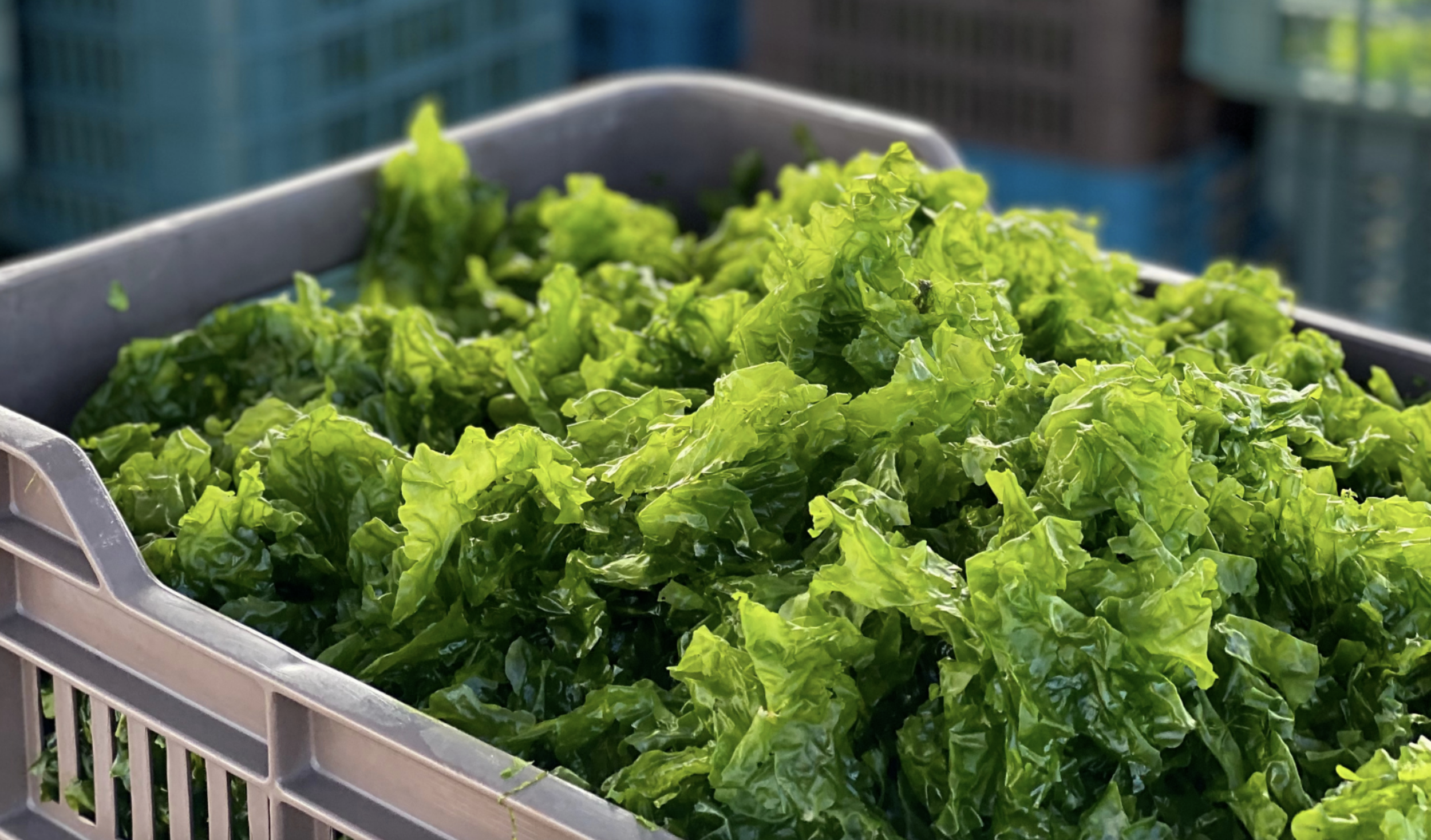WINTER WATERS REGENERATIVE SEAFARE SERIES
The Winter Waters Regenerative Seafare Series is back!
During the month of February 2024, Year Two of Winter Waters will work with chefs and tastemakers to celebrate regenerative seafood, with an emphasis on farmed sea vegetables including Blue Evolution Wakame and Kombu, Sea Lettuce, and Oregon Seaweed Pacific Dulse. With events spread between Portland, the Willamette Wine Valley, and the Oregon Coast, this month-long celebration showcases not only how delicious it is to integrate sea veggies into your diet, but how doing so can be an important part of preserving healthy oceans and feeding the world.
Curious what events they have in store? Find the full list of events on the Winter Waters website.
Spotlight Event: Winter Waters Kickoff Weekend in Newport, Oregon
Starting off the Winter Waters Seafare Series, the Kickoff Weekend in Newport, Oregon, will feature 3 days of seafood-centric programming from February 2nd-4th, including an educational experience at Central Coast Food Web’s Yaquina Lab, a pre-fixe dinner at Local Ocean Seafoods with Chef Enrique Sanchez-Rodriguez and guest chef Luis Cabanas, the former Executive Chef at Paley's Place. Plus, there will be a family-friendly, free event at the The Pacific Maritime Heritage Center.
We’re proud to support the Oregon Kelp Alliance through Winter Waters ticket sales. The Oregon Kelp Alliance (ORKA) represents diverse interests in kelp forest ecosystems. It includes commercial urchin divers, researchers, managers, conservationists, tribal members, tour guides, sport divers, chefs, and other community members supporting healthy kelp forests. With support from Oregon Sea Grant, ORKA has continued to develop and support collaborative projects to enhance our understanding of kelp forest changes and experimental kelp forest regeneration.
Blue Evolution is a proud partner of the Winter Waters Seafare Series.
Seaweed News
When you think of seaweed as a part of a cultural culinary heritage, do you think primarily of Asian cuisines? Seaweed has been eaten in most places all around the world, but until very recently there has never been much indicator that it played any role in the diets of Ancient Europeans.
Contrary to preconceptions, recent archeological findings challenge our notions of European diets during the Mesolithic and Neolithic periods, dating back around 8,000 to 6,000 years ago. Researchers, examining dental calculus from individuals across Europe, unearthed evidence that people consumed seaweed during this ancient era.
Professor Karen Hardy, co-author and a prehistoric archaeologist at the University of Glasgow, remarks, "No one had found direct evidence of seaweed consumption before prehistoric archaeological records. It was very unexpected." Seaweed, once a significant part of ancient Europeans' diets during the transition to farming, challenges our modern perceptions of traditional European foods. Read the full BBC article about seaweed HERE.


